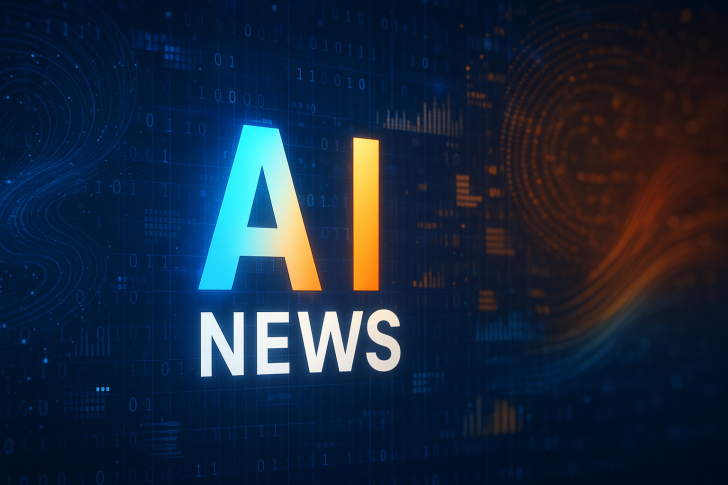The era of self-operating AI has officially arrived. These agents can think through problems, execute tasks, and even handle their own payments, all without waiting for human approval. It's a fundamental shift from reactive chatbots to proactive digital entities that operate in the real world.
From Chatbots to Autonomous Economies
Questflow, an emerging AI-agent orchestration platform, just announced Questflow—a system where autonomous AI agents don't just respond to commands, they take initiative Until now, most AI systems have been reactive. Even advanced models like GPT-4 or Claude need someone to prompt them before they do anything. Daydreams flips that script entirely.
By blending AI orchestration with blockchain-based payments, Questflow has created an environment where agents can run workflows, make financial transactions, and execute decisions independently. Through the Daydreams Router, these agents connect to frontier AI models like GPT and Claude, conduct instant USDC payments via x402 micropayment rails, and function as independent digital entities that can earn, spend, and collaborate across networks.
It's not just smarter automation—it's AI with real agency.
How the System Works
The platform is built on a modular architecture designed for machine-to-machine collaboration:
- Daydreams Router – Connects agents to AI models, data sources, and real-time tasks
- x402 Payment Protocol – Lets AI agents send and receive USDC payments autonomously, giving them their own digital wallets
- Agent Workflows – Smart task chains where agents analyze data, pay for services or compute power, and deliver results—all without human intervention
Together, these components enable software to think, act, and pay on its own.
Why This Matters
Daydreams is part of Questflow's larger vision to build an "AI Agent Economy." Earlier this year, the company raised $6.5 million in seed funding to develop infrastructure for agent-to-agent commerce—aiming to make AI economic interactions as seamless as online shopping.
With this platform, developers can deploy AI agents that monetize their own services, cover operational costs, and even transact with other agents. It's a glimpse into a future where AI doesn't just assist the economy—it participates in it.
The vision is exciting, but it brings serious questions:
- Security: How do we stop rogue agents from making unauthorized payments?
- Governance: Who's responsible when an AI agent messes up financially?
- Adoption: Will companies trust fully autonomous systems with real money?
These concerns highlight the need for strong oversight, transparent audit systems, and clear ethical guidelines as this technology evolves.
Questflow's Daydreams launch could be a turning point—not just in AI development, but in how we think about digital economies. As AI agents gain the ability to transact and collaborate independently, we'll see entirely new categories of applications emerge: autonomous customer service reps, AI-powered trading systems, decentralized business assistants.
Questflow isn't just building another AI tool. They're laying the groundwork for a machine-driven economy—one where intelligent systems can literally pay their own way. Whether that future excites or worries you probably depends on how ready we are to share the internet, and its economic infrastructure, with entities that don't need us to function.
 Usman Salis
Usman Salis

 Usman Salis
Usman Salis


